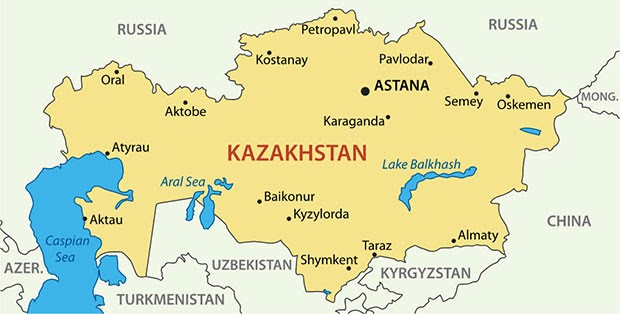ASTANA (TCA) — Kazakhstan is set to develop urban Energy Efficiency Plans for its two largest cities – Astana and Almaty. A new study, conducted jointly by city municipalities and the World Bank, outlines key improvements to be made in the energy sector of the two cities within the next 15 years, allowing savings of up to 25% on total energy consumption, the World Bank said in a press release on November 28.
Both Astana and Almaty face steady population and economic growth, which requires an expansion of reliable energy and delivery of municipal services. Although several initiatives, such as developing more energy efficient public transport and retrofitting of aging buildings, have been implemented in both cities, there is still a need to improve infrastructure and meet the growing demand for energy services.
“The energy efficiency agenda endorsed by the Government of Kazakhstan in recent years is a great momentum for municipalities to commit to energy and climate related targets at the local level and take up the ownership of energy efficiency projects,” said Ato Brown, World Bank Country Manager for Kazakhstan. “We always highlight that energy efficiency interventions not only help improve the living conditions of people, but also lead to a better use of municipal finances, and the creation of new generation jobs.”
The assessment of the energy performance of Astana and Almaty found that targeted interventions in energy-efficiency in municipal service sectors — including public buildings, district heating, transport, street lighting, waste and water supply — can lead to significant energy savings annually, including 43% savings (3.7 billion kWh) in Astana and 34% savings (3.1 billion kWh) in Almaty.
The study focuses on key areas for interventions and offers concrete energy saving measures with over 50 investment projects until 2030. It also includes activities in the areas of institutional development, awareness raising and scaling up energy efficiency financing.
Funded by the Energy Sector Management Assistance Program (ESMAP), a multi-donor global trust fund managed by the World Bank, the study was conducted in close cooperation with the Akimats (municipalities) of the two cities, municipal service providers, and other key stakeholders.








